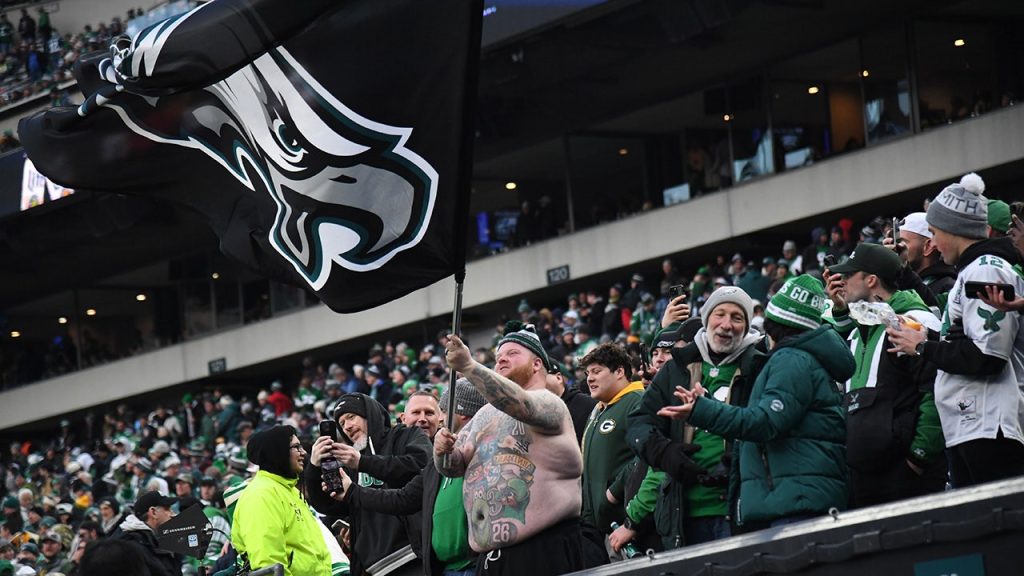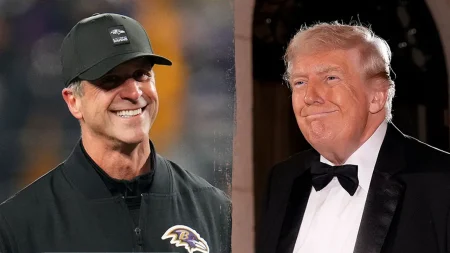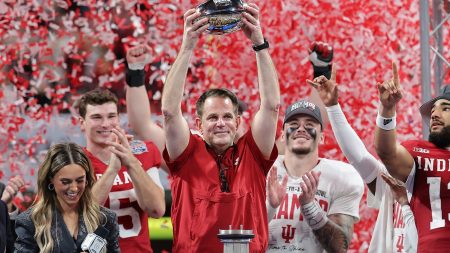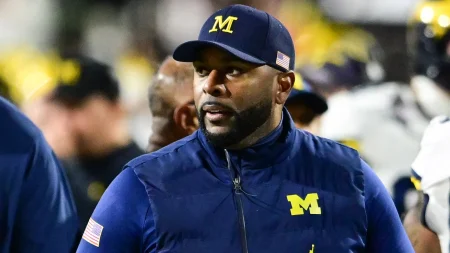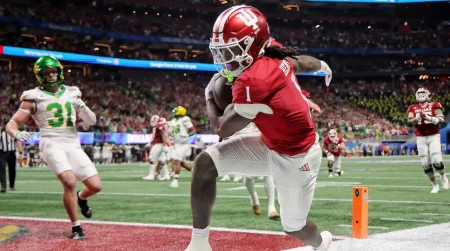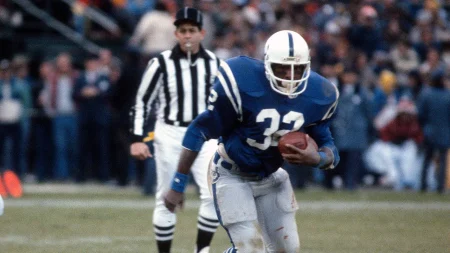Philadelphia Elementary School’s Controversial Cowboys Prank Highlights Eagles Fan Culture
In a spirited display of local sports rivalry, Cooper’s Poynt Family School in Camden, New Jersey has taken team spirit to a new level by allowing students to punch bags decorated with images of Dallas Cowboys players. This elementary school activity, happening ahead of the Philadelphia Eagles’ upcoming game against the Cowboys, has gone viral after being captured by FOX 29 Philadelphia. The stunt has sparked mixed reactions across social media and sports communities, raising questions about the appropriateness of encouraging young children to engage in such behavior, even if meant in jest. The timing is particularly charged as the Eagles, currently leading the NFC with an 8-2 record, prepare to face their long-time rivals in Dallas, hoping to maintain momentum toward potentially winning their second consecutive Super Bowl.
This school activity is merely the latest chapter in the storied and often controversial history of Philadelphia Eagles fan culture. Eagle fans have earned a reputation for passionate—sometimes excessively so—demonstrations of team loyalty that occasionally cross into concerning territory. Following their February Super Bowl victory, celebrations in Philadelphia turned chaotic in some areas, with footage showing crowds looting a laundry truck, setting items ablaze, and toppling light poles. Such post-game activities have become almost expected in a city where sports passion runs extraordinarily deep, though they continue to reinforce stereotypes about Eagles supporters that many fans find unfair and reductive.
The reputation of Eagles fans took another hit earlier this year when Ryan Caldwell was captured on video verbally harassing a female Green Bay Packers fan during a playoff game, an incident that drew national attention and condemnation. Even more concerning are the first-hand accounts from opposing players like former Dallas Cowboys star DeMarcus Ware, who recounted a deeply personal and disturbing incident from his 2005 rookie season. Despite warning his mother not to wear his jersey, she attended a game in Philadelphia where fans threw batteries wrapped in snowballs, one of which struck her. Ware admitted he nearly abandoned his professional responsibilities to confront the perpetrators, stating, “I didn’t care about football anymore. I wanted to go get the guy who was in the stands. But I didn’t.”
These aren’t isolated incidents in Eagles fan lore. In 2018, an intoxicated fan who had been ejected from the stadium was arrested for punching a police horse during a playoff game against the Falcons. That same year, following the Eagles’ Super Bowl victory over the New England Patriots, the celebrations in Philadelphia included multiple violent outbreaks, looting at convenience stores and even a Macy’s department store, while numerous cars were overturned and city infrastructure damaged. Such behavior has created a persistent narrative about Philadelphia sports culture that many more responsible fans find frustrating, as it overshadows their legitimate passion and support for their team.
The history of controversial Eagles fan behavior stretches back decades, with perhaps the most infamous incident occurring in 1968 when fans booed and pelted a man dressed as Santa Claus with snowballs during a game, expressing their frustration over a disappointing season. Another particularly troubling incident took place in 1997 during a Monday night game against the San Francisco 49ers, when an Eagles fan fired a flare gun into the stands, endangering countless lives. The Philadelphia Inquirer reported that multiple fights broke out throughout the stadium that night, with violence particularly directed toward 49ers supporters. The behavior was so concerning that Eagles owner Jeffrie Lurie publicly condemned his own fanbase, saying, “What we witnessed this past Monday was undoubtedly a step backward.”
As the Eagles prepare to face the 4-5-1 Cowboys in Dallas this Sunday, following their earlier victory against them in Philadelphia, the elementary school punching bag activity represents a milder but still problematic extension of a fan culture that often blurs the lines between spirited rivalry and inappropriate behavior. While many defend such activities as harmless expressions of team loyalty and community identity, others question what messages are being conveyed to impressionable children when aggression toward opposing teams is physically acted out and encouraged by authority figures. This latest incident reminds us that sports fandom, while a powerful force for community building and shared passion, requires thoughtful consideration about where enthusiasm ends and problematic behavior begins—especially when young children are involved in carrying forward local traditions that may have controversial elements.




